Skip-Bo is a classic card game that has been entertaining families for decades. Originally designed by Hazel Bowman in 1967, it was later picked up by Mattel in 1980. The game is all about sequentially playing numbered cards in ascending order. Over the years, Skip-Bo has gained a loyal fan base, becoming a staple for family game nights, casual play, and even tournaments.
Game Overview
- Game Title: Skip-Bo
- Publisher: Mattel
- Designer: Hazel Bowman
- Release Year: 1967 (by Hazel Bowman) / 1980 (by Mattel)
- Number of Players: 2–6 players
- Playtime: 20–45 minutes
- Ages: 7+
- Mechanics: Hand Management, Set Collection, Sequence Building
- Complexity: Low to Medium
How to Play
Objective
The goal of Skip-Bo is to be the first player to play all the cards from your personal stockpile by placing them in sequential order on shared build piles.
Setup
- Shuffle the deck of Skip-Bo cards, which contains numbers from 1 to 12, plus Skip-Bo (wild) cards.
- Each player is dealt a stockpile of cards, with the number depending on the number of players:
- 30 cards for 2-4 players
- 20 cards for 5-6 players
- Players turn their top card face-up and place the rest face-down in their stockpile.
- The remaining cards form a draw pile in the center of the table.
Gameplay
- On each turn, players draw up to 5 cards in their hand.
- The objective is to play cards from their hand or stockpile onto shared build piles in the center, which must be in ascending order from 1 to 12.
- Skip-Bo cards can act as any number, making them wild and extremely useful for completing sequences.
- Players can place cards from their stockpile or hand into discard piles for future use when they can’t play on the build piles.
- Turns end when no more cards can be played or a player chooses to pass.
The first player to completely deplete their stockpile wins the game.
Details
- Number Cards (1-12): These cards must be played in ascending order to build piles.
- Skip-Bo Cards: Wildcards that can be used in place of any number, giving players flexibility in their play.
Variations of the Game
- Skip-Bo Junior: A simplified version of the original game, designed for younger players with fewer cards and smaller number sequences.
- House Rules: Some groups add rules like additional stockpile cards for higher difficulty or limiting the number of build piles to make the game faster-paced.
Strategy Tips
- Plan your discard piles: Make sure you organize discard piles in a way that allows easy access to lower-numbered cards for future turns.
- Hold onto your wildcards: Save Skip-Bo cards for tricky situations where you might get stuck or want to strategically block an opponent’s build.
- Keep an eye on opponents: Track their stockpile progress and play accordingly to disrupt their plans.
- Prioritize your stockpile: Always aim to play cards from your stockpile to win the game.
Pros & Cons
Pros:
- Simple to learn, making it great for families.
- Encourages strategic thinking and planning.
- Quick setup with minimal components.
Cons:
- May feel repetitive after multiple plays.
- Higher player counts can increase downtime between turns.
Who Will Enjoy This Game
Skip-Bo is perfect for families, casual gamers, and anyone looking for a quick, light game that’s easy to teach and fun to play. It’s especially good for mixed-age groups, as the mechanics are easy for both kids and adults to grasp.
Recommended Age Groups
- Children (Ages 7 and up): Simple rules make it accessible for younger players.
- Teens and Adults: The game’s strategic depth keeps it engaging for older players as well.
Similar Games
- Uno: Another classic card game by Mattel that relies on hand management and wildcards.
- Phase 10: A rummy-style card game with progressive phases to complete.
- Rummikub: A tile-based game focused on creating number sequences and sets.
User Reviews
Users appreciate the simplicity and strategic elements of Skip-Bo. Many note that it’s a great game for family gatherings and holiday parties, with high replay value due to its competitive nature.
Videos or Visual Guides
You can find tutorial videos on YouTube that explain the rules and showcase gameplay strategies. A quick visual guide is available on the official Skip-Bo website.
FAQs
Q: Can Skip-Bo be played solo?
A: No, the game requires at least 2 players.
Q: How many cards are in a Skip-Bo deck?
A: The deck contains 144 numbered cards and 18 Skip-Bo wildcards.
Q: How long does a typical game last?
A: A game usually lasts between 20 to 45 minutes, depending on the number of players and their strategies.
Final Verdict
Skip-Bo is a timeless card game with broad appeal. Its mix of simplicity and strategy makes it a great choice for casual family gatherings and competitive play alike. While it can sometimes feel repetitive, the fast-paced gameplay and opportunities for planning and blocking other players make it a fun and engaging experience. Whether you’re new to card games or looking for a new addition to your collection, Skip-Bo is a worthy contender.

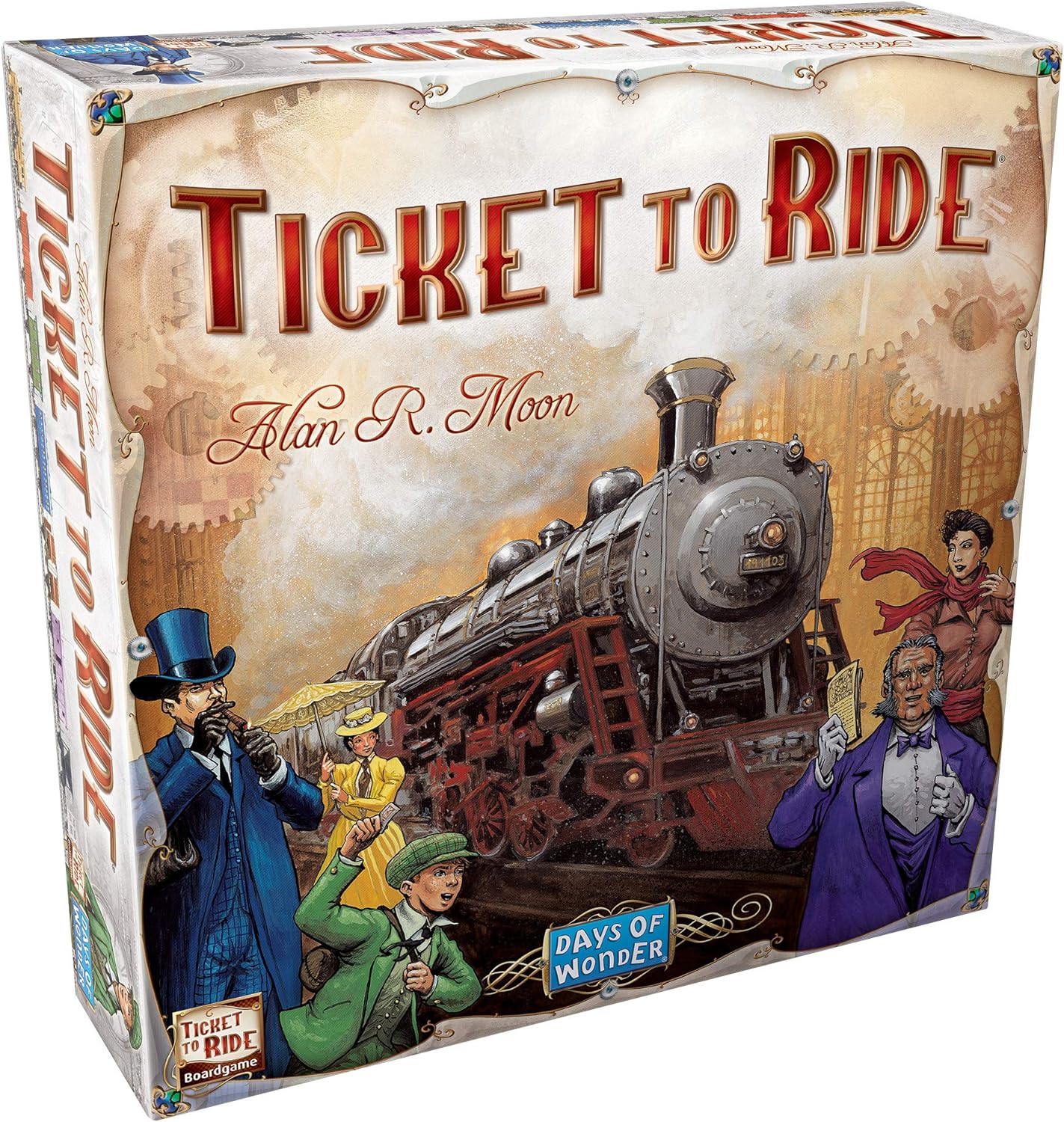
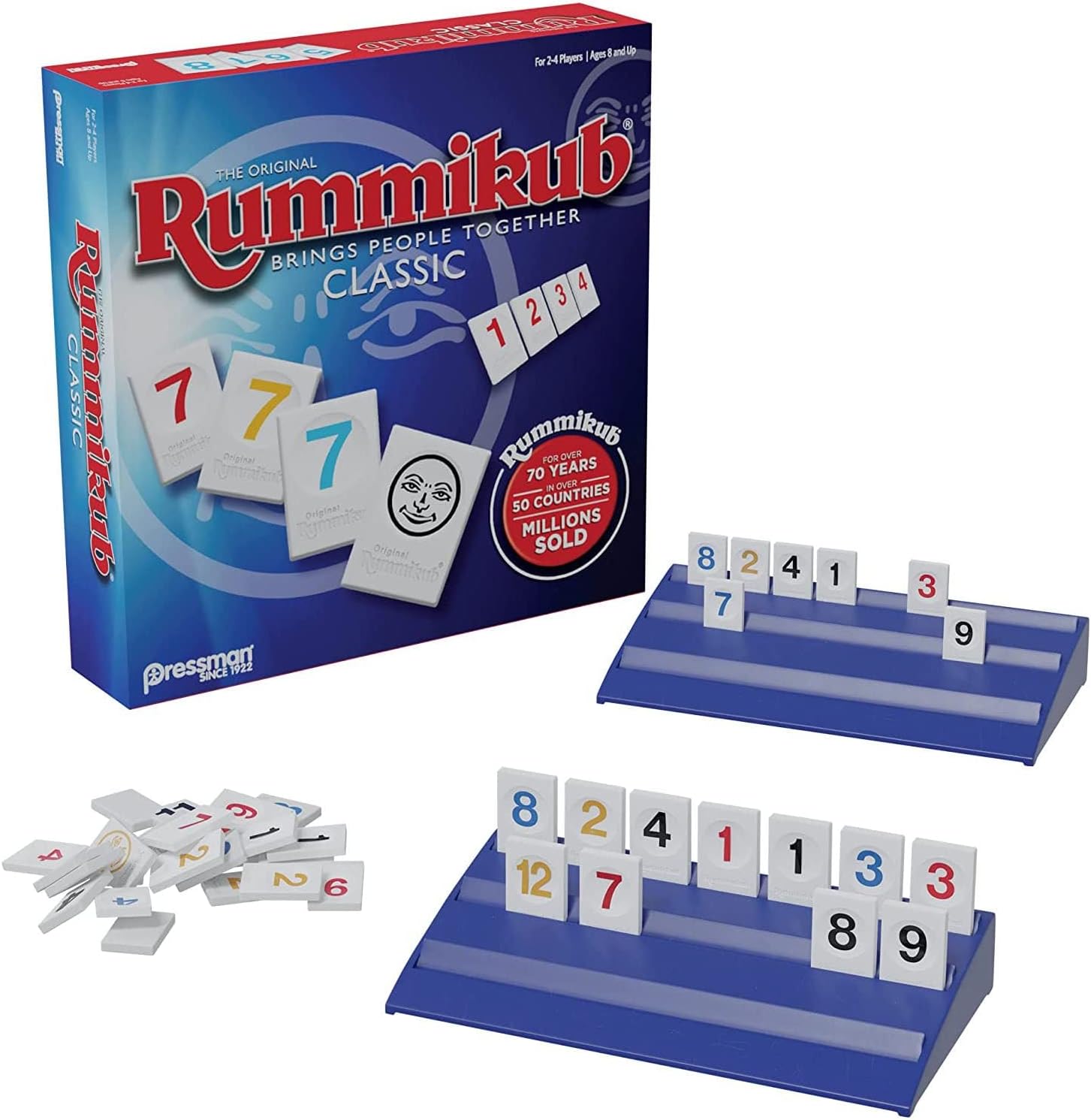
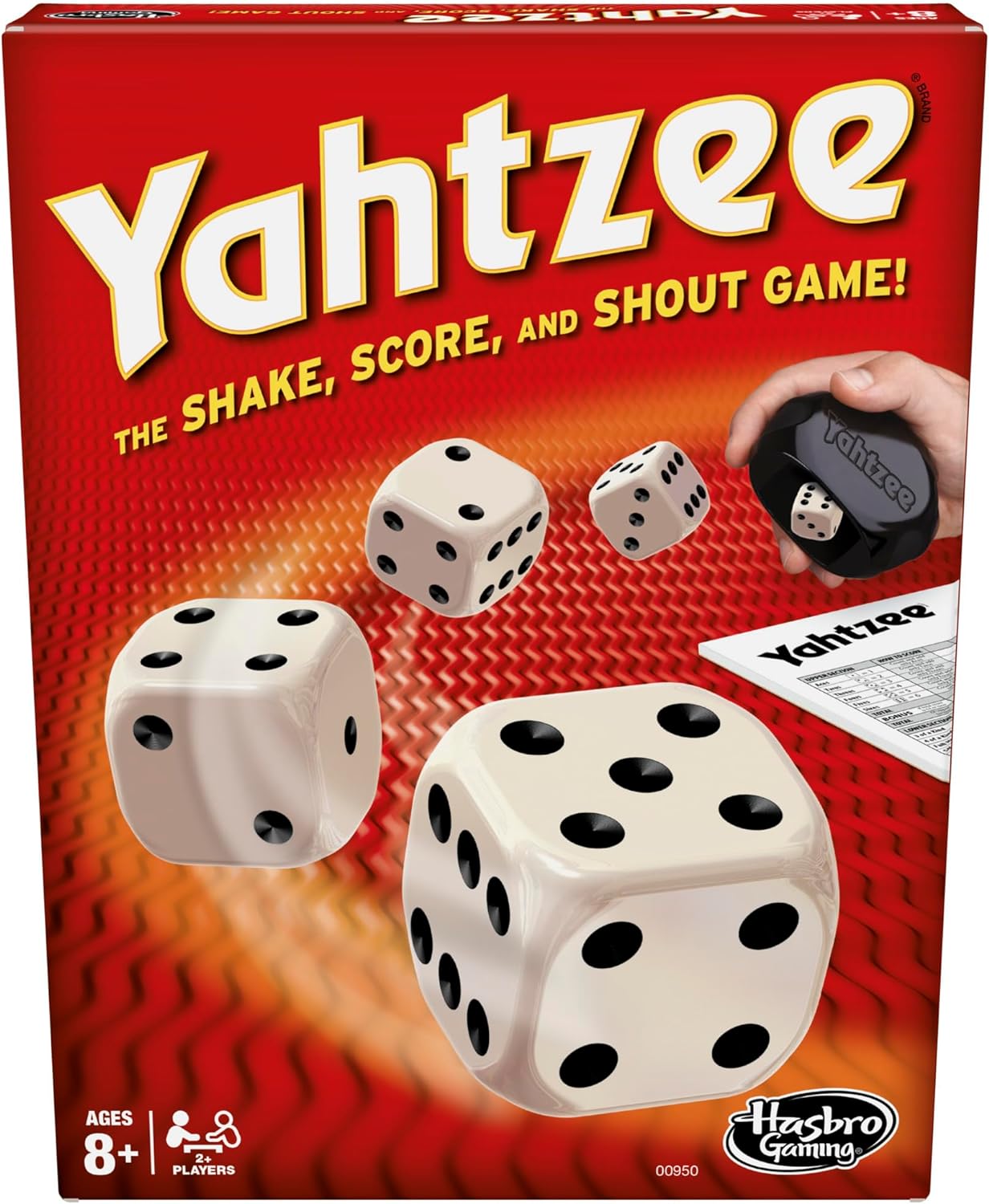
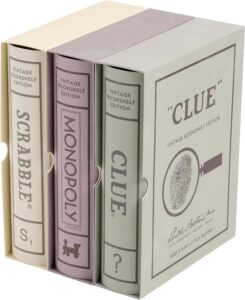
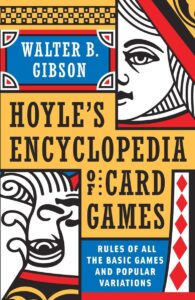
Post Comment